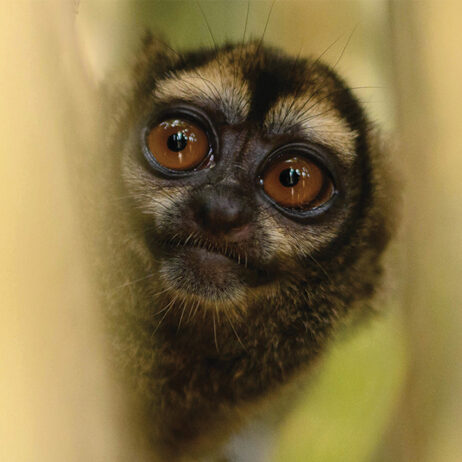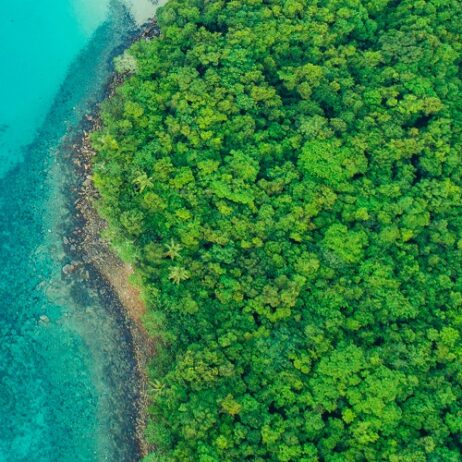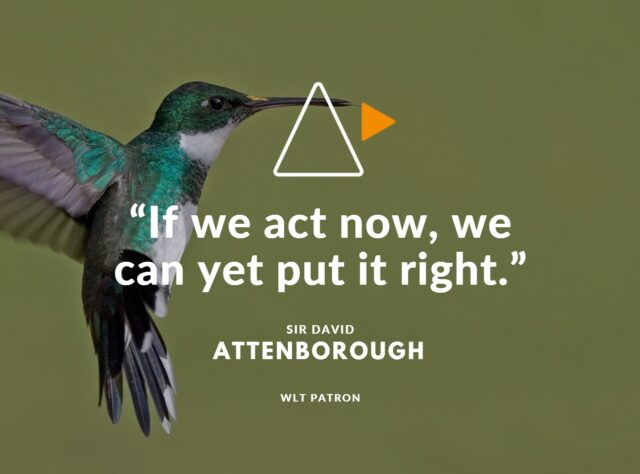
For the Action Fund, one of our crucial conservation tools, the past 12 months have been action-packed.
Donations to the programme allow World Land Trust (WLT) the flexibility to fund intervention wherever and whenever there is an urgent conservation need. This year, our supporters’ contributions saw them assist nature reserves all across the globe, from the Americas to Africa and Asia.
The complete list of 2020’s Action Fund successes would be far too lengthy to include in full, but what follows is a selection of seven key highlights; seven victories to celebrate the positive impact you have made – and could make – through a programme that fights nature’s corner at the time it needs it most.
Community front and centre as Zambia reserve surges in size
Last month, we brought you the news that an incredible 52,000 acres of Community Forest Management Areas (CFMAs) have been formally declared around Kasanka National Park in Zambia, all made possible by our Action Fund. The CFMAs will serve as buffer zones for Kasanka, protecting the park’s rich wildlife – including a migratory colony of 10 million Straw-coloured Fruit Bats – while also unlocking new livelihood opportunities for local communities, with sustainable farming and beekeeping offering particular promise. By empowering men and women to conserve their own land, WLT partner Kasanka Trust Ltd. have ensured a bright future for both people and wildlife – just the kind of conservation success story WLT loves to be part of.
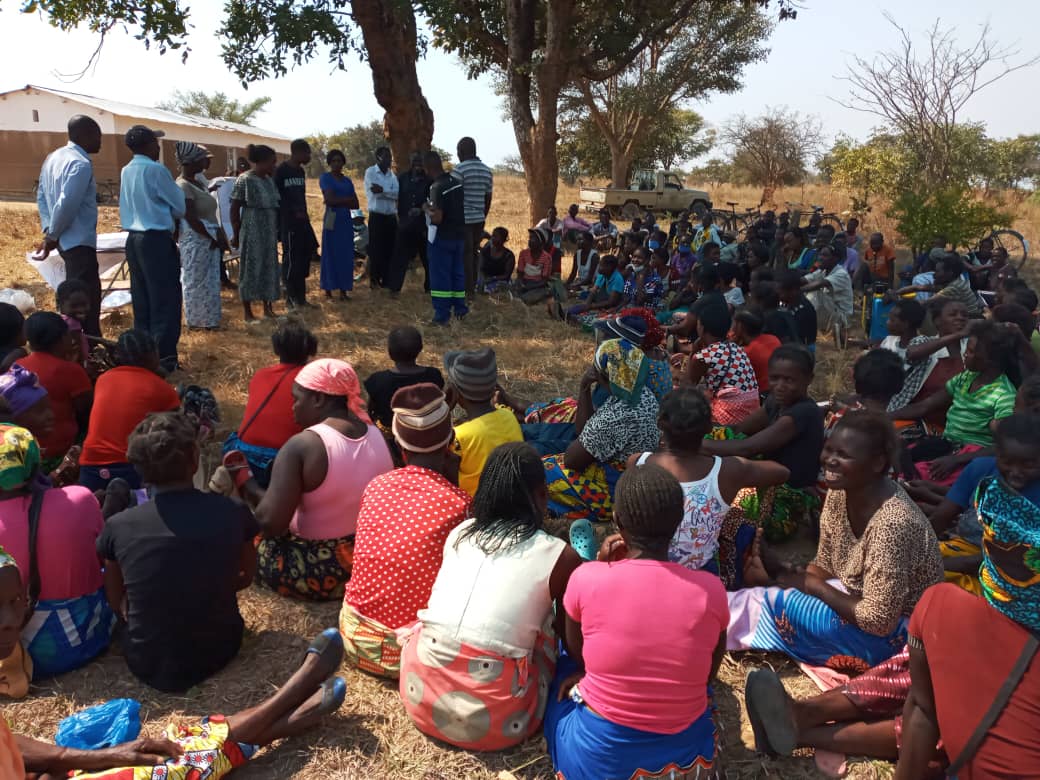
The people who live around Kasanka will now play a big role in safeguarding the national park. Image: James Mwanza / Kasanka Trust Ltd.
Win for global biodiversity hotspot as Atlantic Forest reserve grows in Brazil
The Atlantic Forest of South America is one of the most biodiverse biomes on the planet, but also one of the most endangered. In Brazil, just 7% of the original forest remains, but this year our Action Fund supporters helped to bring more than 160 acres under protection – funding our partner REGUA‘s purchase of three new plots of land. The growth of the existing reserve to a new total of 18,000 acres expands the home of threatened species including the Brazilian Snake-necked Turtle (Vulnerable), Crowned Solitary Eagle (Endangered) and Southern Muriqui (a Critically Endangered monkey).
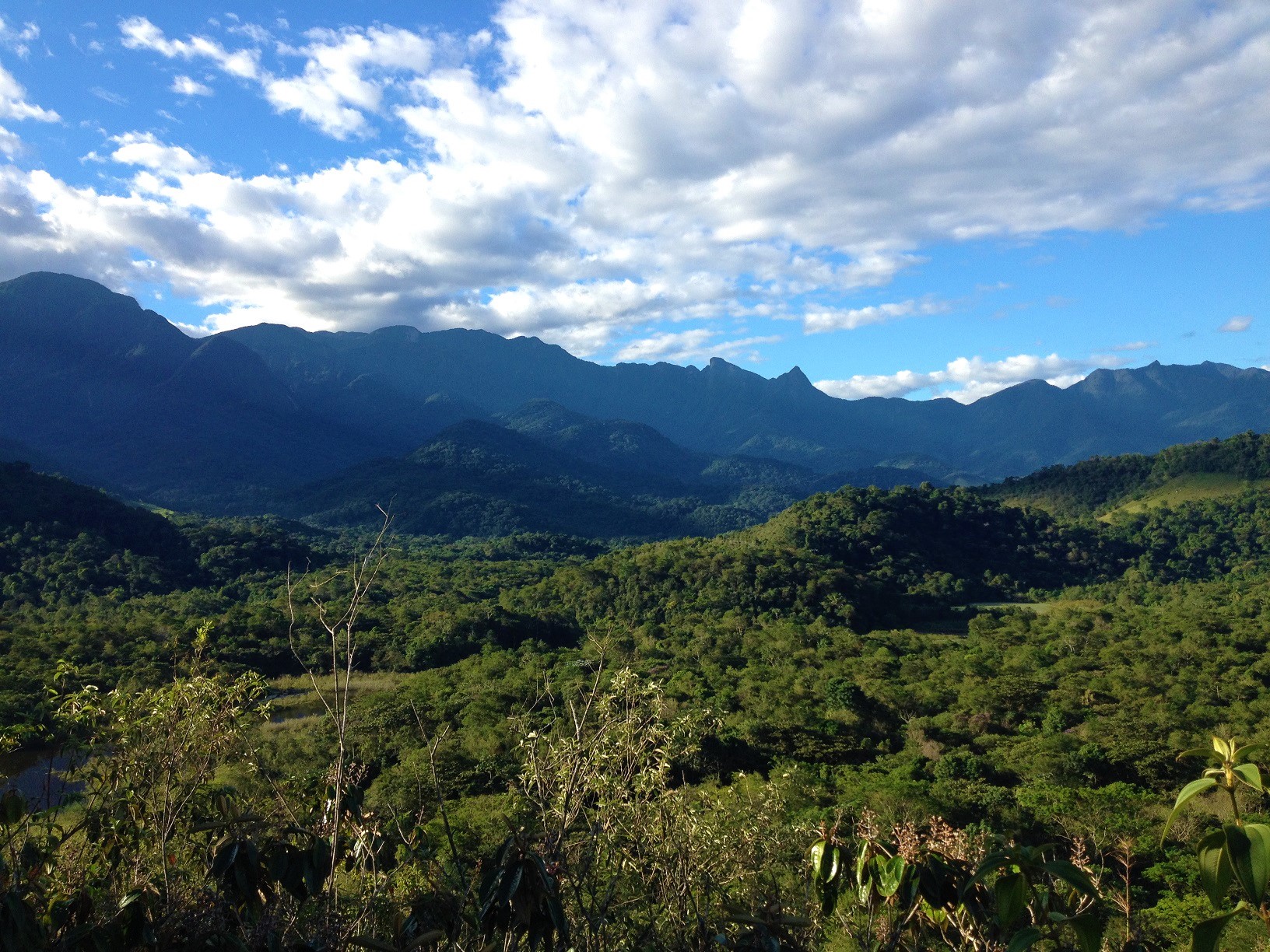
In addition to land purchase, WLT also support reforestation work at REGUA through our Plant a Tree programme. Image: Scott Guiver
Crane hatchling boost following Action Fund-backed intervention in India
In 2019, financial backing from WLT’s Action Fund allowed our partner Wildlife Trust of India (WTI) to set up the Sarus Crane Wetland Project. One year on and we are pleased to report that the Vulnerable species is flourishing, with multiple hatchlings reported across the 151 nests cared for by WTI. Based in Uttar Pradesh – India’s Sarus Crane stronghold – the project has found success thanks to WTI’s collaboration with local villagers, who formed committees to oversee 13 different wetland sites. With further community-managed areas and legally protected reserves on the horizon, the Sarus Crane is very much on the road to recovery.
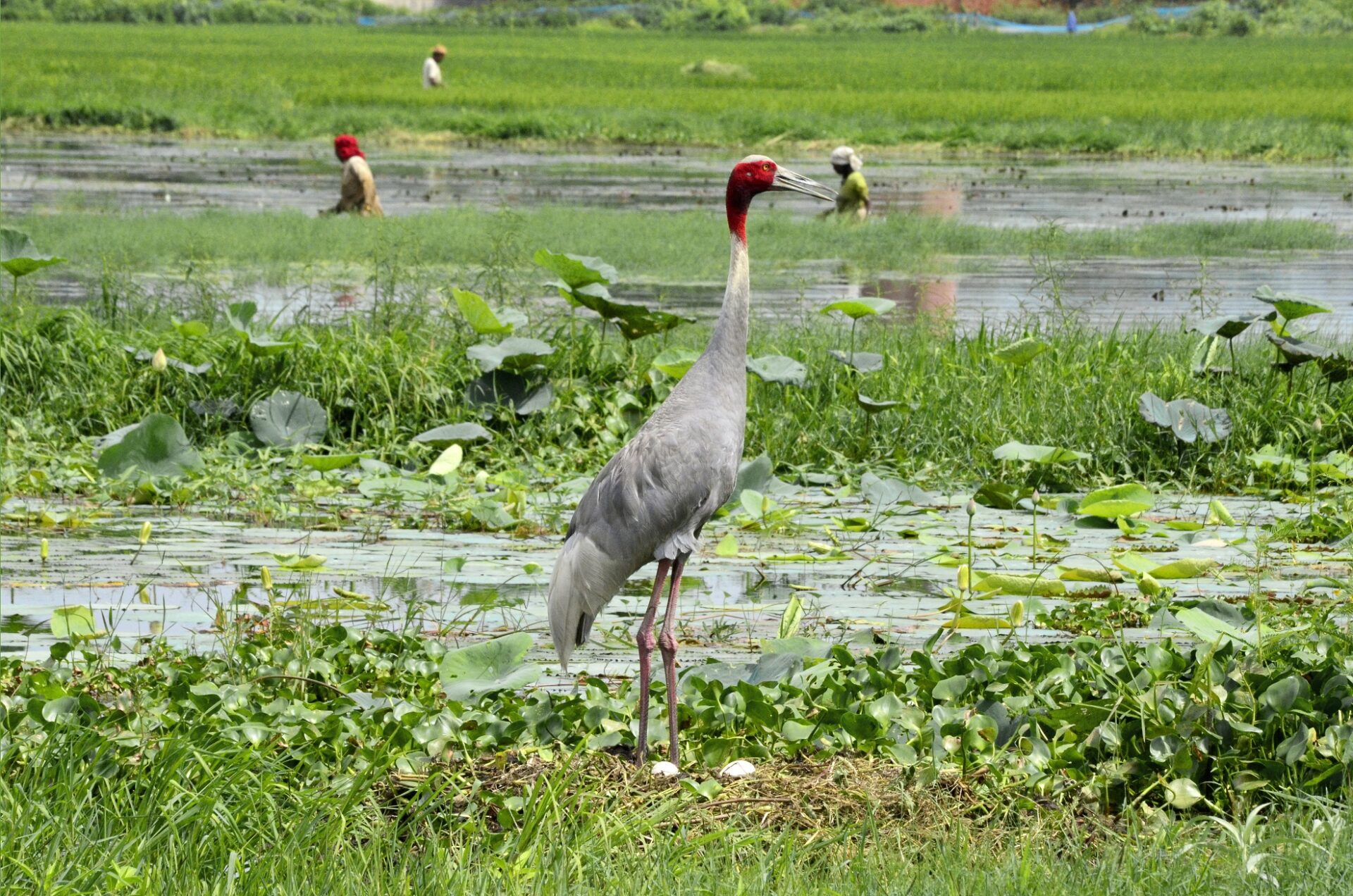
“Rigorous monitoring” by locals has helped to protect Sarus Crane nests, says Dr Samir Kumar Sinha, WTI Project Manager. Image: Dr Samir Kumar Sinha / WTI
Swift response allows Latin American partners to save wildlife from the flames
Our Action Fund truly comes into its own when an urgent response is needed to a developing crisis. When it comes to wildfires, we know that every second counts – which is why we approve and release funds quickly, ensuring equipment and training is there for our partners to keep the flames at bay. This year, Action Fund donations went towards crucial fire management work in the Beni Savanna (an ecoregion comprising much of northern Bolivia) and the Sierra Gorda Biosphere Reserve (a vast protected area in central Mexico). This allowed our in-country partners Asociación Armonía and Grupo Ecológico Sierra Gorda (GESG) to quell the flames in their reserves before it was too late.
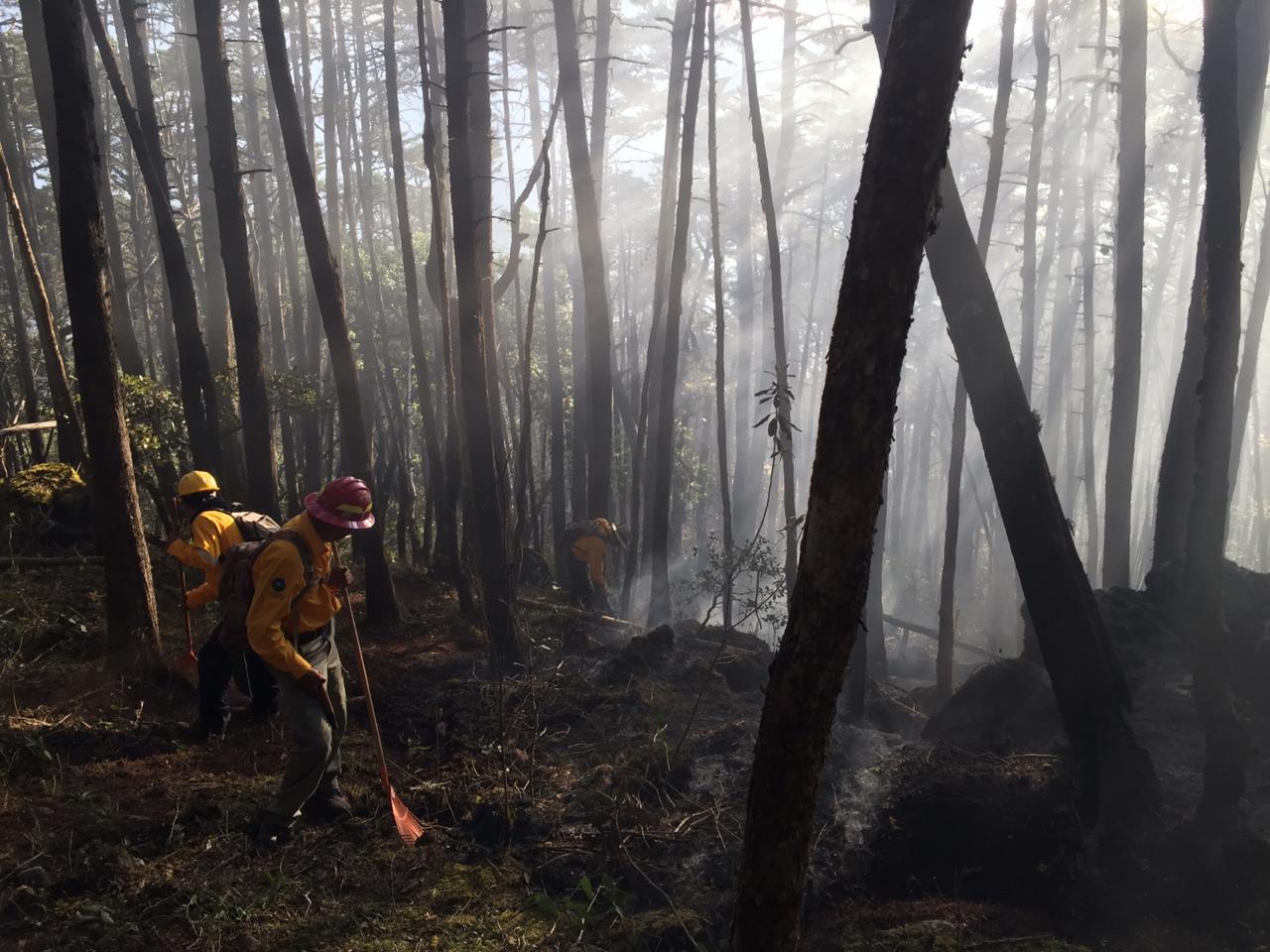
Thanks to the Action Fund, GESG rangers were able to extinguish fires in the Sierra Gorda Biosphere Reserve this April. Image: GESG
Expansion of Ecuadorian bird haven connects parakeets to safer life
June saw 100 acres added to the Buenaventura Reserve in Ecuador, managed by WLT partner Fundación Jocotoco. The land purchase links two existing properties and extends protection north from the reserve, increasing connectivity between existing sanctuaries and contributing to a healthier ecosystem overall. Buenaventura is home to more than 330 species of bird, and this particular purchase is good news for threatened species including the Long-wattled Umbrellabird and Ochraceous Attila (Vulnerable) and the Gray-backed Hawk and El Oro Parakeet (Endangered).
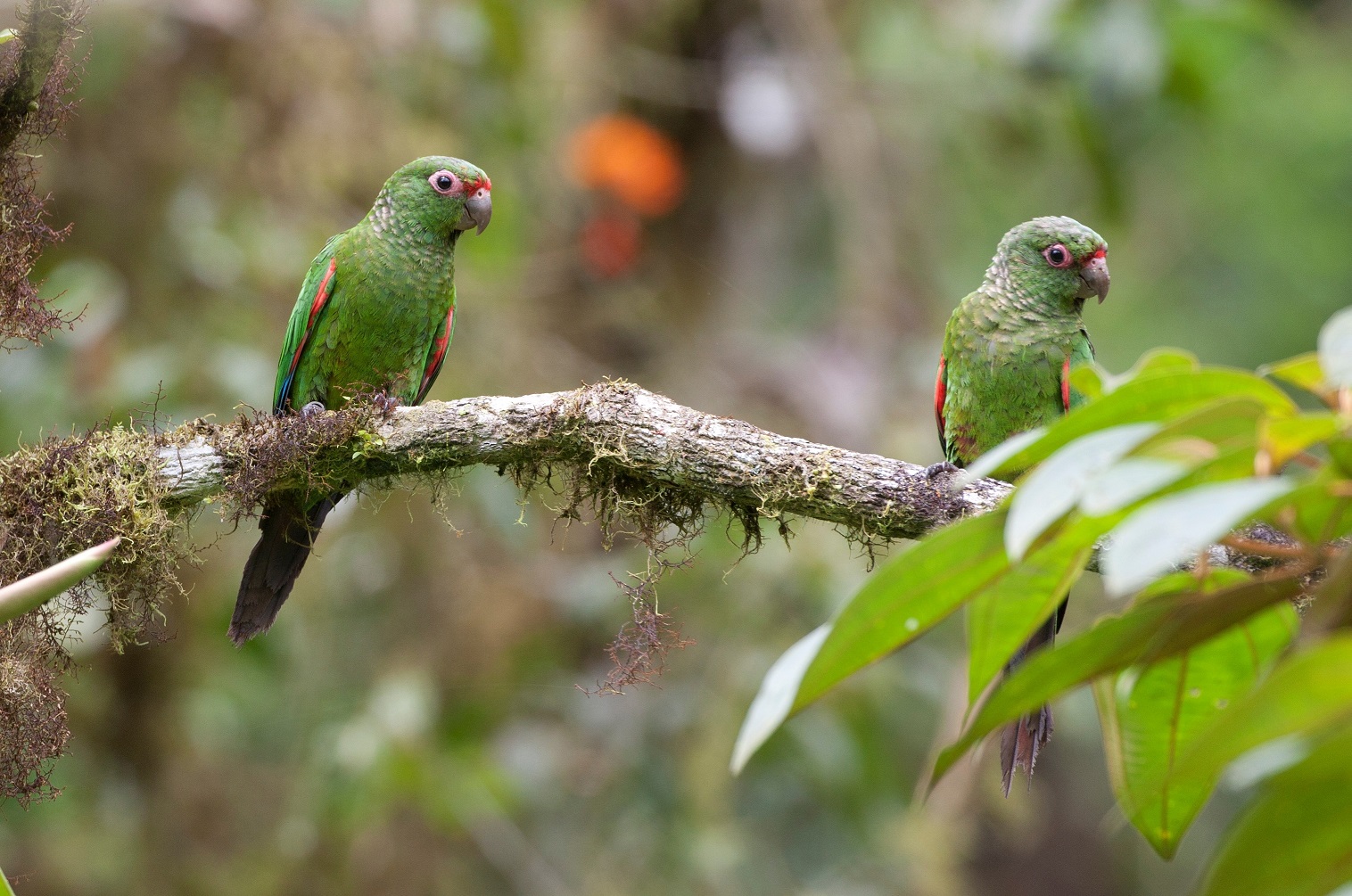
Fewer than 1,000 El Oro Parakeets are thought to exist, many of which are found in Buenaventura. Image: Doug Wechsler
Communities and indigenous governments protect vast tracts of land in Bolivia’s Gran Chaco
This year, the Guaraní Charagua Iyambae Autonomous Government have worked with two WLT partners – Fundación Natura Bolivia and Nativa Bolivia – to ensure effective management of more than 3 million acres in Bolivia’s semiarid Gran Chaco. Both partners have also conducted firefighting and fire management training for communities across the region. All of Natura and Nativa’s efforts in the Chaco are supported by our Action Fund, including Natura’s work with the people of Machareti to protect the Héroes del Chaco Reserve, and Nativa’s research on the 2019 Ñembi Guasu fires.
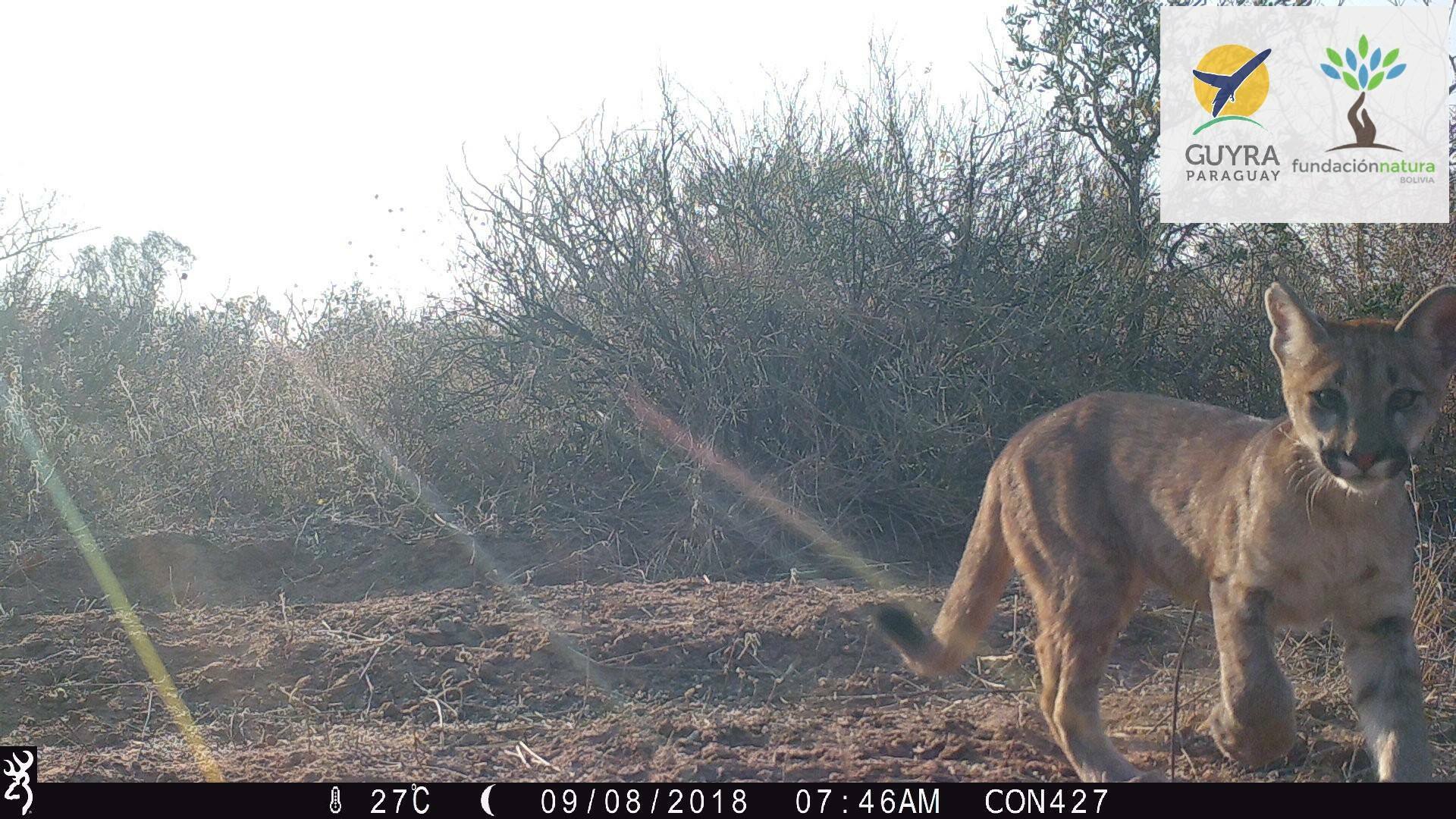
Pumas are just one of the many species that make their home in the Gran Chaco. Image: Natura Bolivia and Guyra Paraguay
New purchases ahead for largest remnant of crucial habitat in Guatemala
Laguna Grande Sarstún Reserve is located within an area considered to be the single largest remnant of lowland and inundated tropical rainforest in Caribbean Guatemala. This year, our Guatemala partner FUNDAECO have met initial commitments to purchase key properties adjacent to the reserve, which will protect the landscape for future generations. There is still a long way to go until the land is secured, but this breakthrough is still worth celebrating – and it could not have happened were it not for the Action Fund.
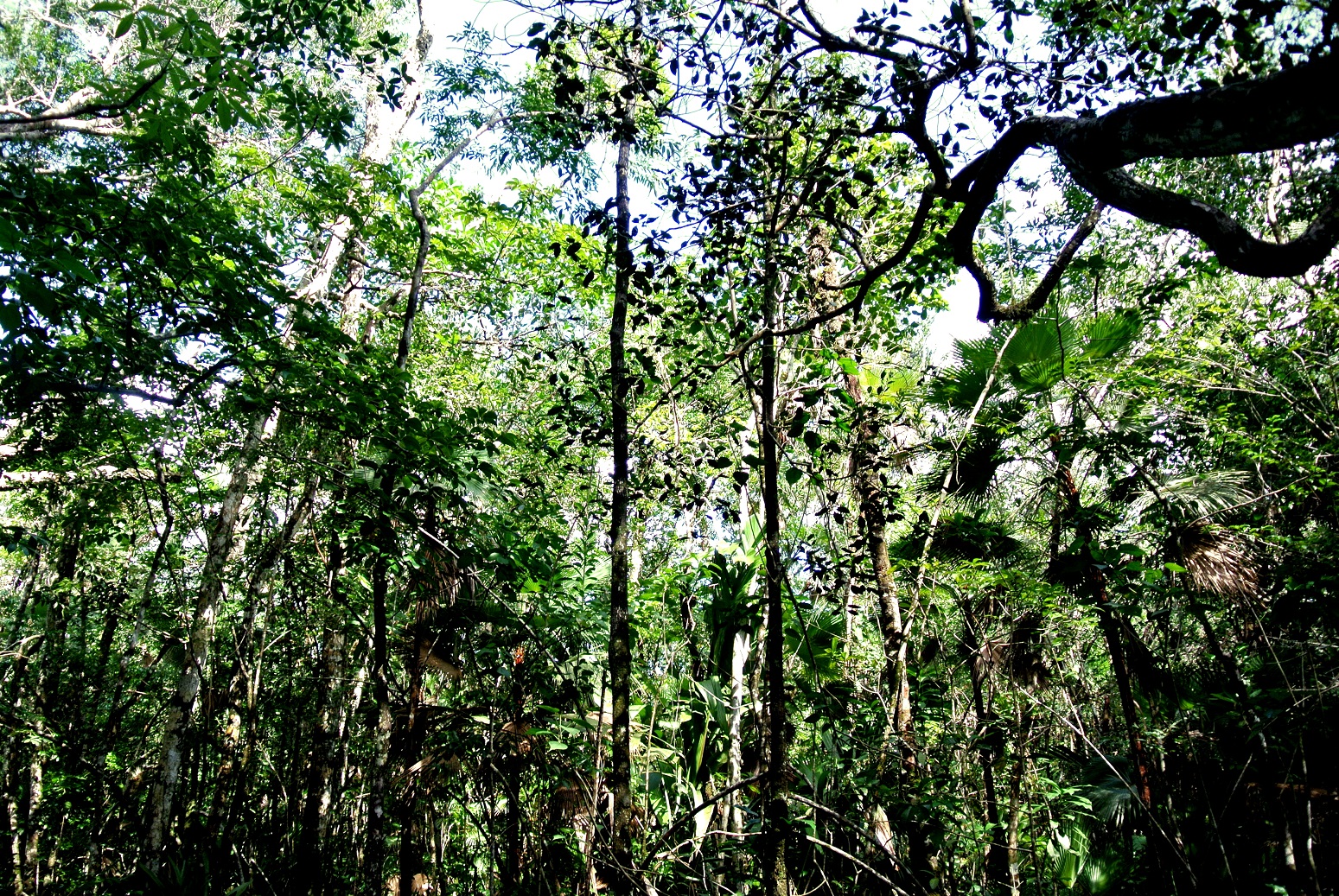
Laguna Grande Sarstún contains a number of different habitats, including mangroves, rivers, lagoons, wetlands, and various types of forest. Image: Bethan John
The Action Fund was set up by WLT as a means of flexible funding for our partners’ conservation projects. In 2020, it has more than fulfilled this mission. Not a single victory of those listed above would have been possible without supporters like you – together we have made spectacular progress for the natural world this year.
One-off donations are of course always welcome but there is a chance for you to go further. Many donations to the Action Fund come from WLT Friends, our supporters who make a regular monthly contribution of £5 or more. By becoming a WLT Friend today, you can unlock accelerated assistance to the conservation projects that need it most.
